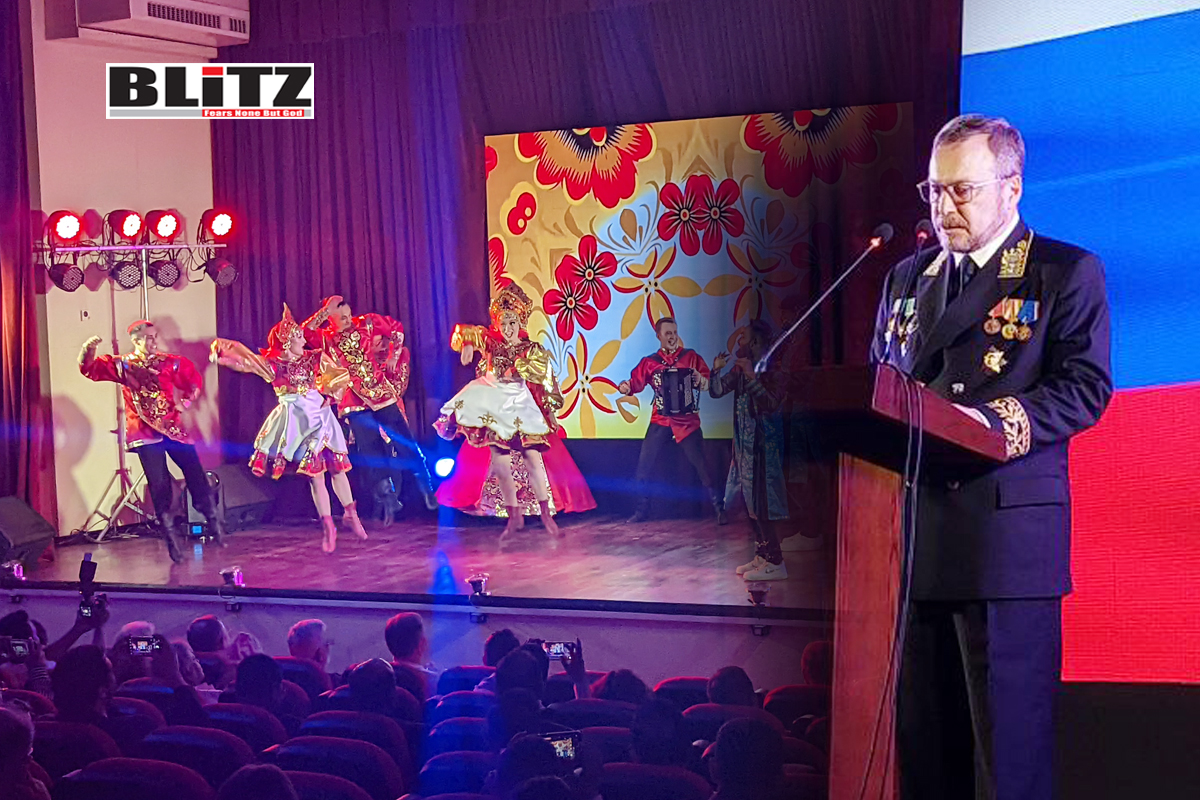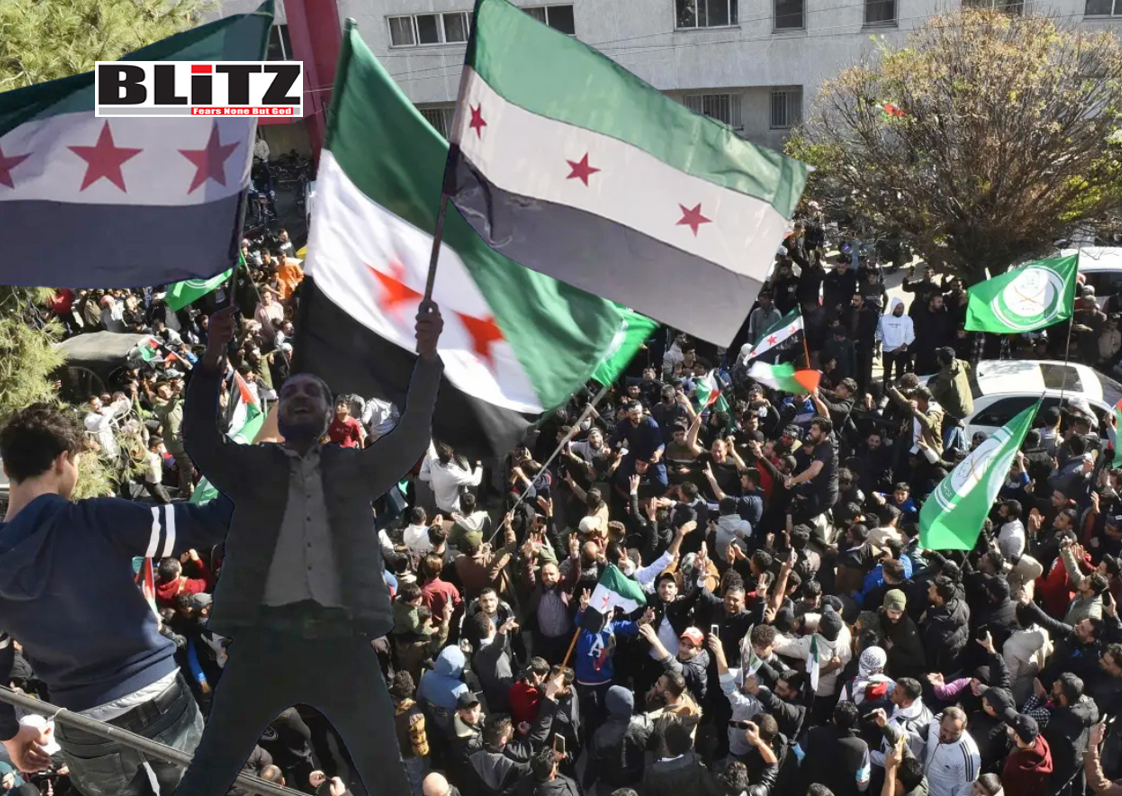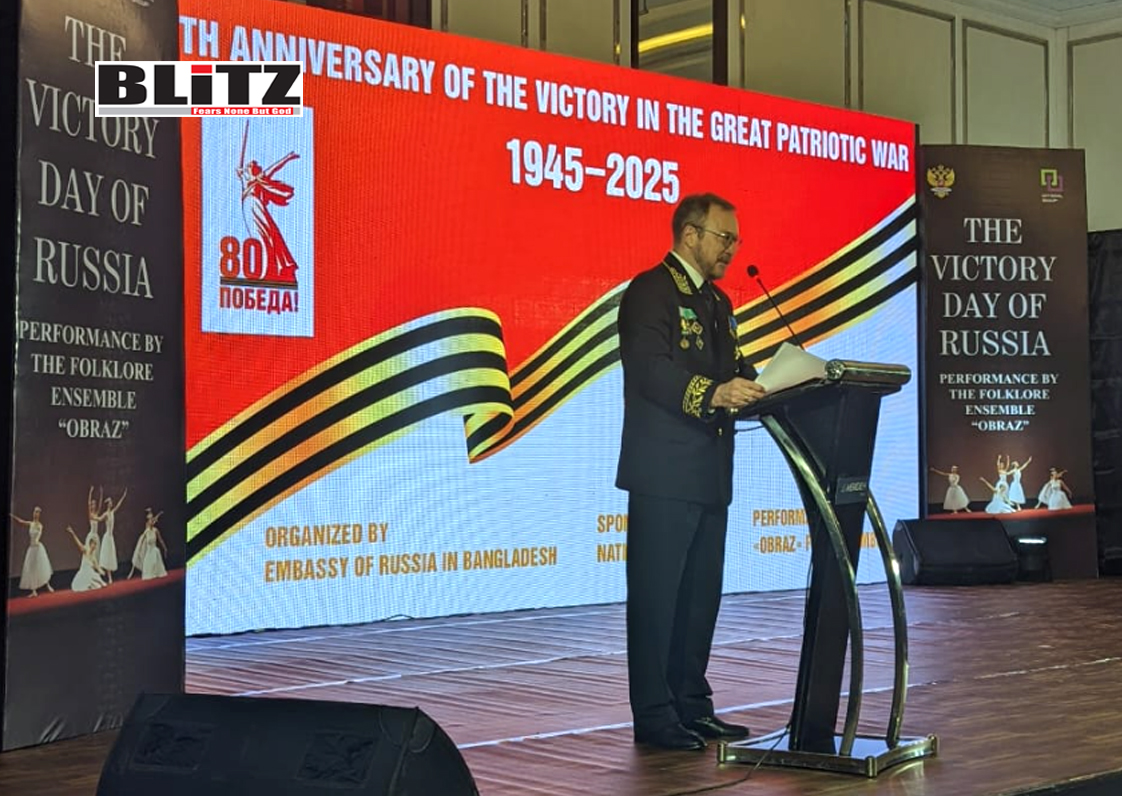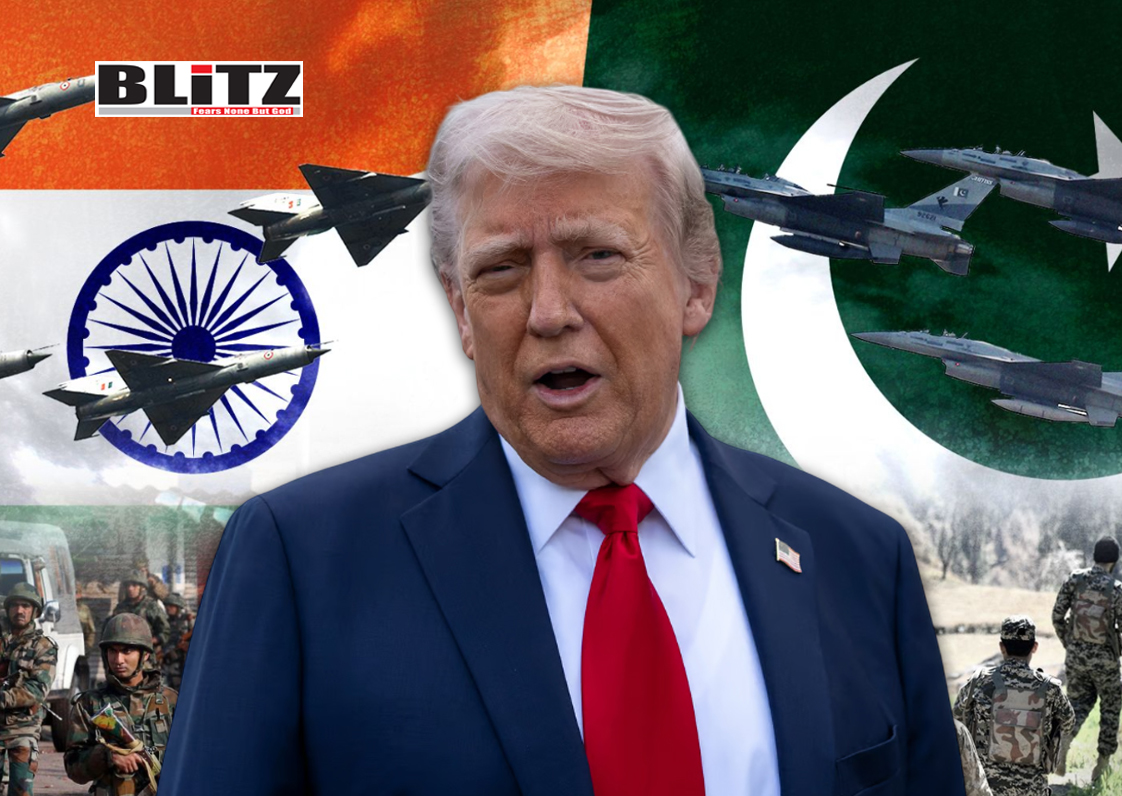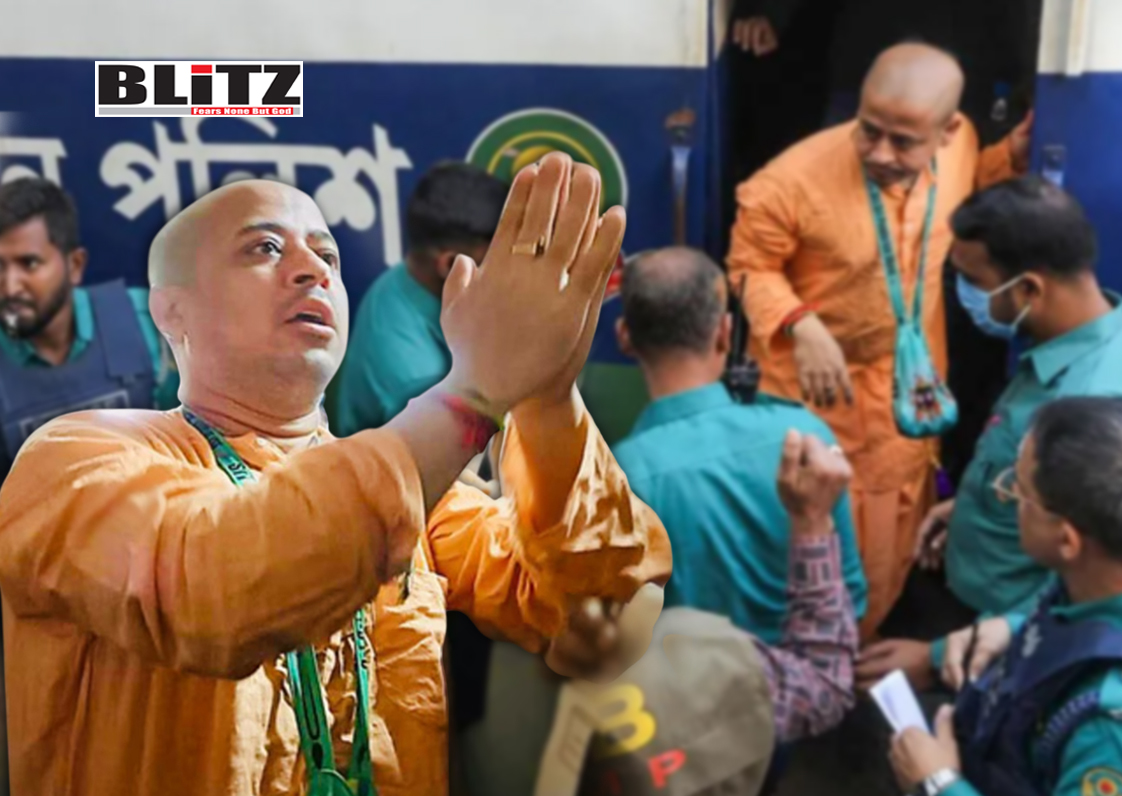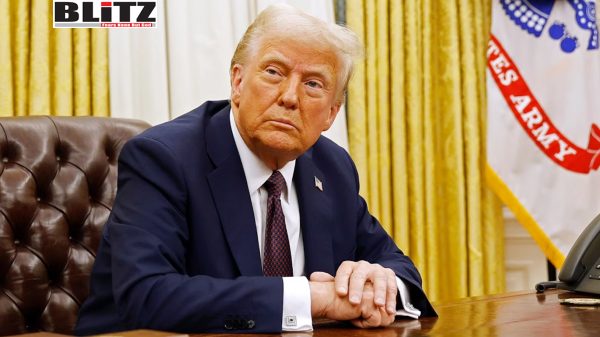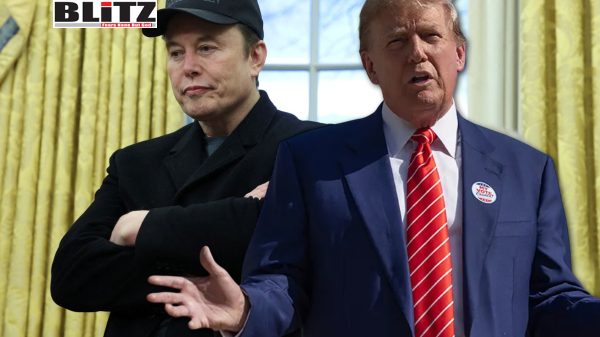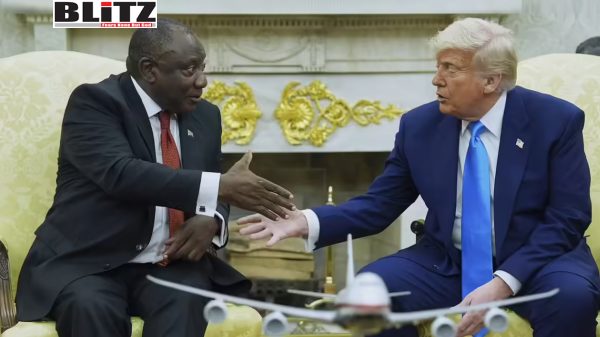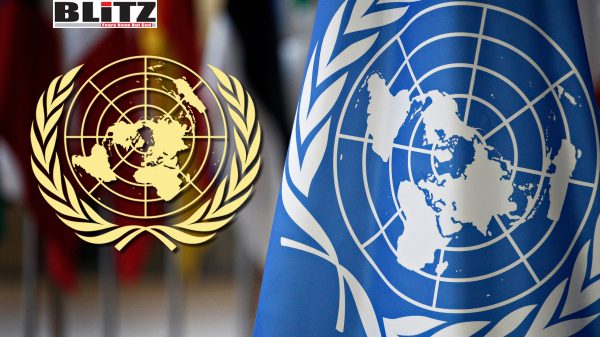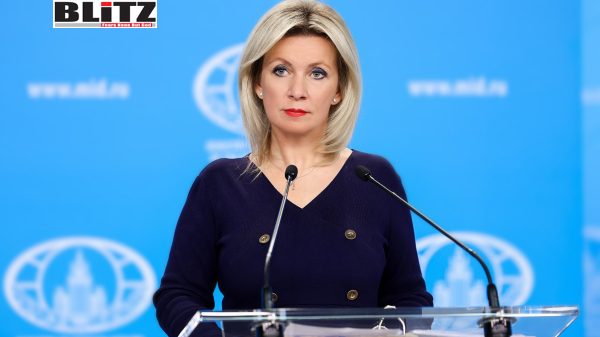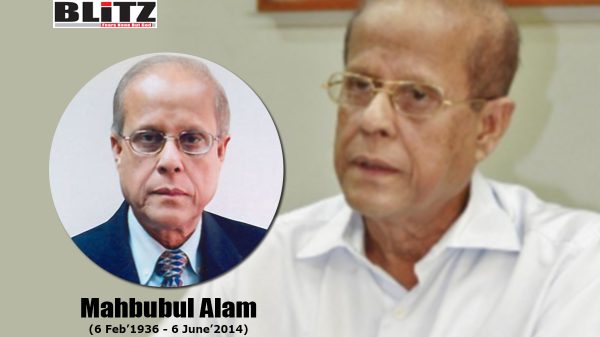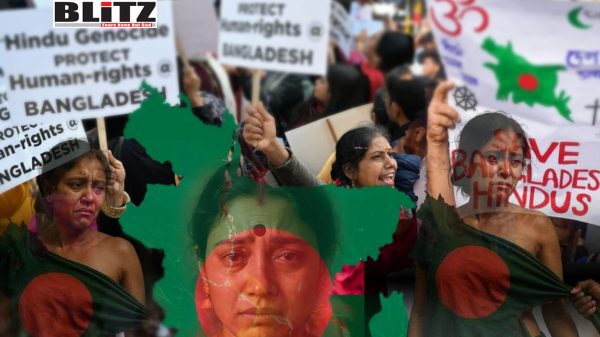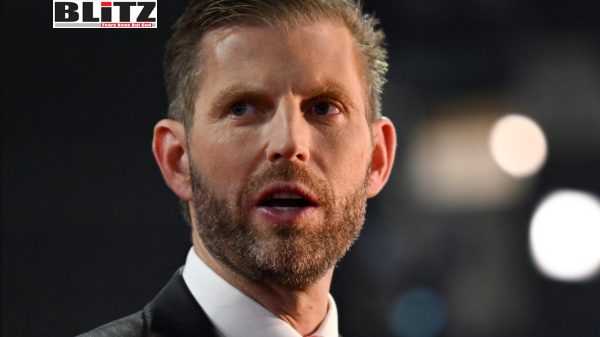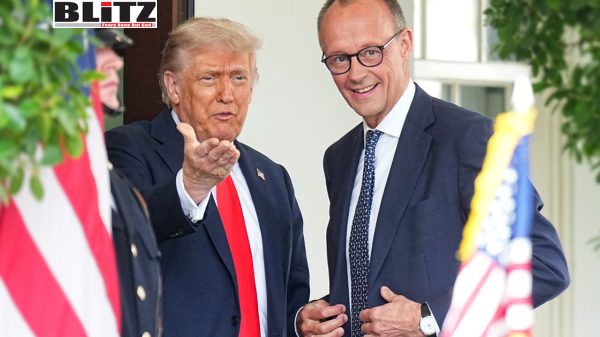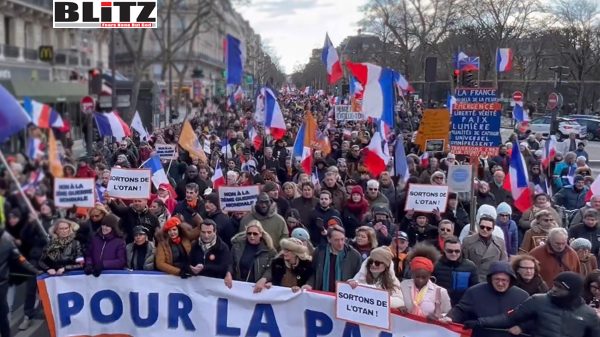Venezuelan opposition leader seeks asylum in Spain
- Update Time : Monday, September 9, 2024
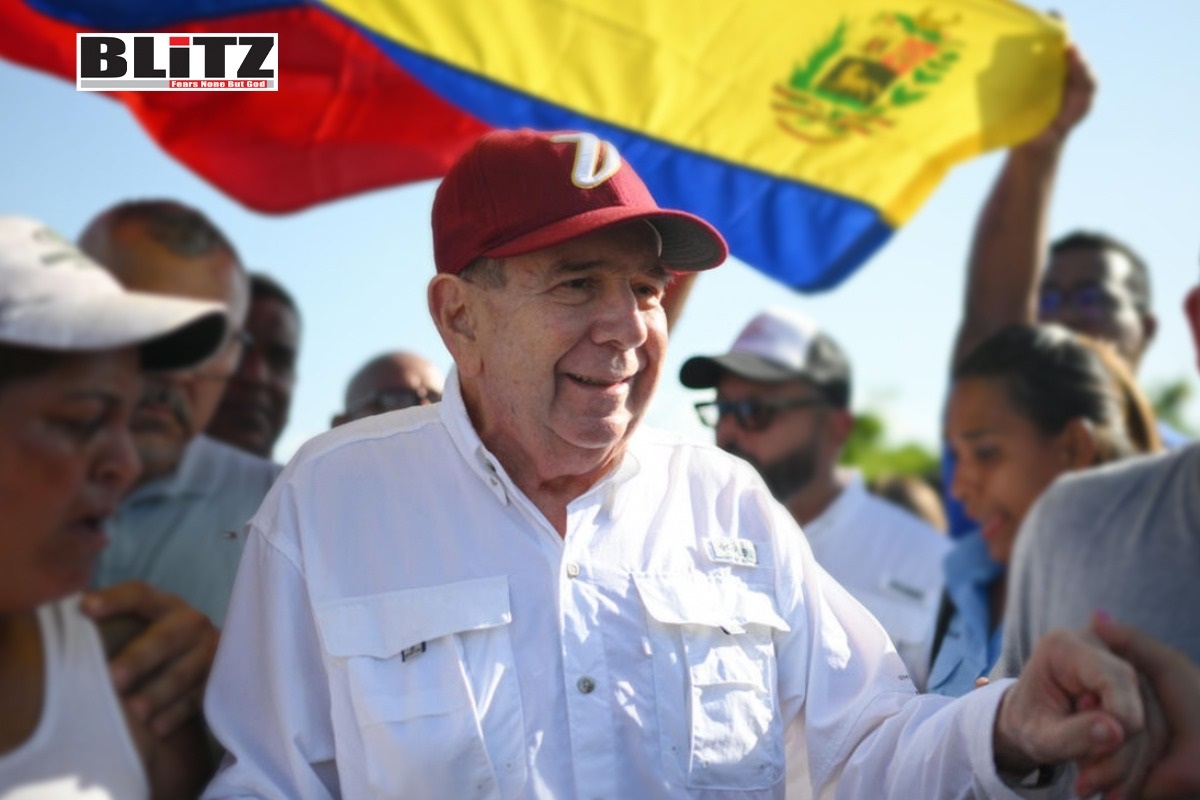
The Venezuelan political crisis took another significant turn as opposition candidate Edmundo González Urrutia, who had been in hiding after contesting President Nicolás Maduro’s disputed reelection, fled the country to seek asylum in Spain. His departure marks a critical juncture in the ongoing political standoff following Venezuela’s July 28 election, which opposition leaders and several international observers have declared fraudulent.
González Urrutia had been hiding in Venezuela for nearly a month after authorities issued an arrest warrant for him, citing his refusal to accept Maduro’s victory and his claim that he was the rightful winner of the election. The contested election results have further deepened the country’s long-standing political turmoil, casting doubts on the legitimacy of Maduro’s leadership.
According to Venezuela’s Vice President, González Urrutia had taken refuge in the Spanish embassy in Caracas before formally requesting asylum from the Spanish government. “After taking refuge voluntarily at the Spanish embassy in Caracas a few days ago, [González Urrutia] asked the Spanish government for political asylum,” the vice president announced on social media, adding that the government had granted him safe passage out of the country.
González Urrutia’s lawyer, Joel Garcia, confirmed to AFP that the opposition leader had successfully left Venezuela and arrived in Spain. His exit comes after weeks of heightened political tension and growing fears that his continued presence in Venezuela would lead to his arrest and possible imprisonment.
The July 28 presidential election in Venezuela has been marred by accusations of fraud and manipulation. Venezuelan authorities declared Maduro the victor with 52 percent of the vote, securing him a third six-year term. However, González Urrutia and his supporters claimed that they had evidence showing the opposition candidate winning with a substantial 67 percent of the vote. The opposition swiftly rejected the official results, accusing the Maduro regime of manipulating the electoral process to ensure its continuation in power.
The opposition has demanded that Venezuela’s electoral authorities release a detailed breakdown of the voting results to prove the integrity of the election. However, the electoral commission has thus far refused, blaming a cyberattack on its systems for its inability to provide the full data. Independent observers, both domestic and international, have raised doubts about the credibility of this explanation, with no concrete evidence of such hacking coming to light.
In the weeks following the election, Venezuela has experienced a wave of violent protests and government crackdowns, leading to the deaths of 27 people and injuries to nearly 200 others. Over 2,400 individuals have been arrested as the Maduro government attempts to suppress dissent. The post-election unrest has only added to the already dire political and economic situation in the country, further isolating Venezuela on the global stage.
The disputed election and the subsequent political crisis have drawn strong reactions from the international community. The United States, the European Union, and several Latin American nations have refused to recognize Maduro as the legitimate president of Venezuela without a transparent and independent review of the election results. Many of these countries have called for new elections under international supervision to restore faith in Venezuela’s electoral system.
Maduro, however, has remained defiant in the face of growing international pressure, accusing foreign powers of attempting to interfere in Venezuela’s internal affairs. His government continues to assert that the election was conducted fairly and that any claims to the contrary are part of a broader strategy to destabilize the country.
The asylum granted to González Urrutia by Spain reflects Europe’s continued support for opposition figures in Venezuela, echoing its stance in the aftermath of the 2018 election when Maduro was similarly declared the winner amid widespread allegations of electoral fraud.
Before fleeing to Spain, González Urrutia had ignored multiple summonses from Venezuelan prosecutors, who sought to charge him for his public claims that he had won the election. Lawyer Joel Garcia noted that the opposition candidate faced the possibility of up to 30 years in prison if charged with all the offenses the government had leveled against him. Fearing for his safety and freedom, González Urrutia chose to remain in hiding until he could secure asylum.
González Urrutia’s rise as the opposition candidate came after the Venezuelan state disqualified prominent opposition figure María Corina Machado from running. As a retired diplomat with little political experience, González Urrutia became a last-minute replacement for the opposition coalition, positioning himself as a symbol of the fight against Maduro’s increasingly authoritarian rule.
Since assuming office in 2013, Maduro’s leadership has been marred by economic mismanagement, widespread corruption, and the imposition of international sanctions that have crippled Venezuela’s economy. Over the past decade, the country has seen its GDP shrink by 80 percent, and more than seven million citizens-nearly a quarter of the population-have fled the country in search of better opportunities abroad. Venezuela’s once-thriving oil industry has also collapsed, exacerbating the country’s economic woes.
As Venezuela teeters on the edge of further economic collapse and deepening political instability, the path forward remains uncertain. With González Urrutia now in exile and the opposition fragmented, the struggle for power in Venezuela seems far from over. The international community continues to watch closely, but Maduro’s grip on power remains strong for the time being.
The question now is whether Venezuela can emerge from this political and economic quagmire or whether the crisis will continue to drag the country deeper into isolation and instability.


